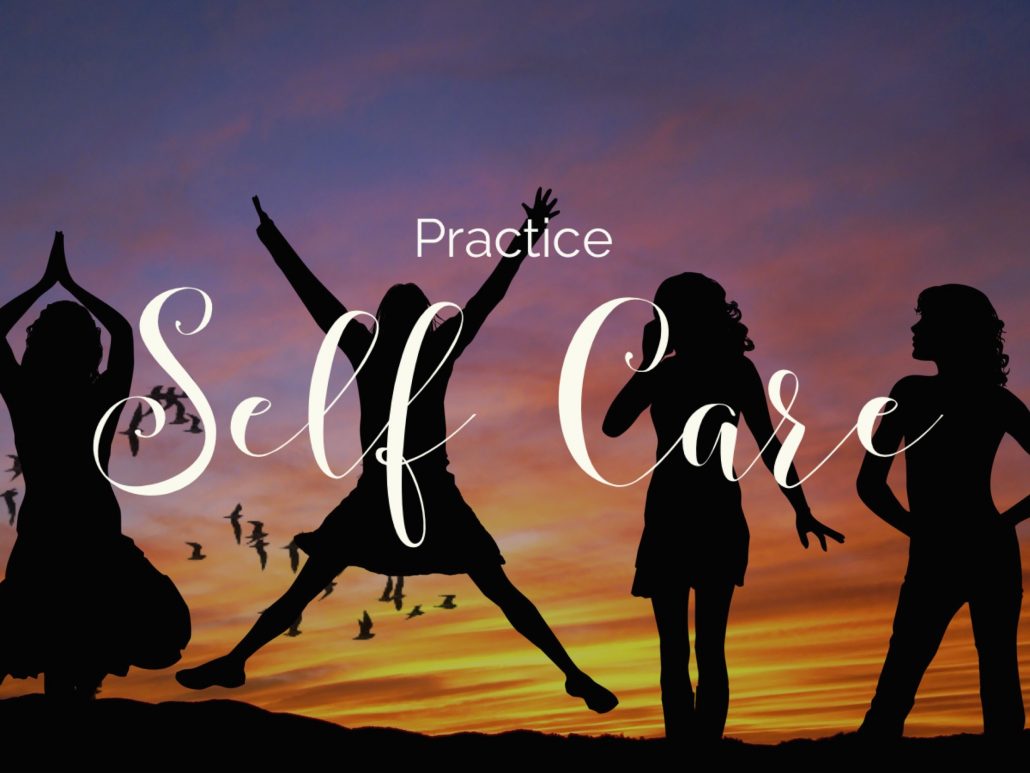5 Challenges That Will Build Up Your Confidence
Allow yourself to let go. Let go of the pain, the feelings of self-doubt, and questions of your self-worth. Allow your eating disorder recovery journey to empower you. If you allow yourself to get consumed with negative thoughts, you will never be able to transform your mind, body, and spirit into the powerful human you were meant to be. It is time to release the negative thoughts about yourself so that you can reach your full potential and become healthy and strong again.
You can do small things every day that transform your challenges into confidence and resilience. It is finally time to accept yourself and love yourself. The following are 5 challenges that will build up your confidence.
- Be your own biggest fan. Who are you? It is time to find your identity beyond your eating disorder. Harboring on the negative thoughts and emotions will only increase the likelihood that you will relapse in the future. By doing one small thing every day that inspires you and satisfies your soul, you will become your own biggest advocate.
Write down all of your personal and professional goals in life beyond your eating disorder. Devise a plan with your loved ones and therapist on how to actually achieve each one of your goals. The key to all of this is to actually start making it happen. By establishing a daily routine that fosters ways to achieve your life’s goals, with each small accomplishment, you will become your biggest fan because you will find that you can achieve anything. Discovering who you are can seem challenging at first, but once you begin to get out of your comfort zone, you will build up your confidence.
- Take a daily moment for self-compassion. Sometimes your eating disorder becomes the critical voice inside of your head and prohibits you from thinking positively about yourself. Taking charge of your own destiny by doing small things every day that cultivate a love for yourself will help defeat that critical voice.
Give yourself advice as though you were giving advice to a friend or family member. Tell yourself that you deserve to be happy and cared for every day. When you create your daily schedule with your therapist, make sure that you anticipate moments throughout your day that you know will challenge you in your work, home, and social spheres. Anticipate these moments and schedule opportunities for you to transform these challenging moments into activities that cultivate self-compassion.
These activities can include writing your thoughts down in a journal, practicing mindfulness techniques through yoga or meditation, or going for a walk to elicit the relaxation response during stressful moments. By anticipating stressful moments and having an action plan that will help ease those challenges, you will become a stronger individual.
- Speak up. Although this may seem like a difficult challenge, it’s okay to be open about your recovery journey. In fact, when you confide in someone you trust, your resilience against painful moments will continue to build. You do not need to battle the challenge of your eating disorder alone. When you speak up about your own story, you will find that you will gain more confidence in yourself and your abilities.
Speaking up and sharing your challenges can actually be a hidden way to help you with your recovery. You may find that many individuals may be going through similar experiences and this can give you the opportunity to use your own voice to empower the voices of others.
- Spend time with supportive friends. Do something with your friends that will take your challenging moments and rebuild your confidence. Go shopping for a new outfit or cook a healthy meal together. Activities that used to seem daunting are more enjoyable and relaxing in the company of good friends. Spending time with friends will help you forget your challenging moments and will build your confidence because you will realize that your friends like you for all of your wonderful qualities, inside and out.
Getting together with supportive friends will remind you of the truly important things in life and will help you overcome stressful moments. Friends will support you every step of the way. Reminding yourself that you have a team of friends willing to be a part of your journey is the greatest gift one can have to overcome difficult moments.
- Do something fun. Life is too short to not enjoy the time that you have. Go out into the world and do things that allow your spirit to soar. Whatever you like to do, begin it now.
Having fun does not mean you have to sacrifice the progress you have made during your recovery journey. Instead, make it a part of your daily goal. Scheduling time in your daily routine for fun will help relieve stress and will continue to crush the critical voice inside of your head. Whether it is playing volleyball, bike riding, watching movies, or reading a good book, engaging in the activities you enjoy will help to transform any challenging moment into a way to boost your self-confidence and overall well-being.
Transforming Challenges with the Help of Eating Disorder Recovery Specialists
Facing your challenges will help to rebuild your confidence and will give you the strength needed to be mindful of the present moment. Your future self will thank you and you will realize that the beauty and strength within you has always been present. By taking charge of your life and accomplishing your goals, cultivating self compassion, connecting to your friends, sharing your voice, and doing fun activities, you will gain the confidence and willpower to overcome any challenges that may come your way.
Whether you or someone you love is suffering from an eating disorder, be proactive and seek treatment. Seeking a team of medical professionals and Eating Disorder Recovery Specialists will not only improve the physical health of individuals who are suffering, but will also provide patients with the skills needed to overcome any challenges and build the resilience and confidence needed in avoiding a relapse.
Greta Gleissner is the Founder of Eating Disorder Recovery Specialists, a nationwide network of eating disorder treatment specialists that provide meal coaching and recovery skills such as CBT, DBT, ACT, MI, etc. EDRS works alongside treatment programs, teams and families to provide transitional aftercare support for post-residential treatment clients.



